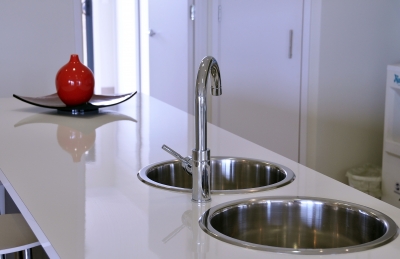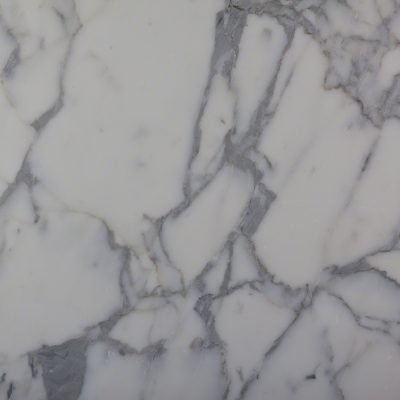
Materials to Avoid When Cleaning Marble
Marble counters look amazing, but you need to know how to clean them to keep them in tip-top shape.
Marble countertops require regular maintenance to keep them looking as beautiful as the day you got them. This involves cleaning spills right away, using coasters, disinfecting them, washing them carefully, and sealing them regularly. But, what materials should you avoid when cleaning marble countertops?
Unlike etched marble, honed marble is quite porous and prone to stains. On the other hand, polished marble will not show these stains as much, but are more prone to etching and scratching. We’re looking at materials to avoid when cleaning marble to keep your marble surfaces looking white and sparkling.
Avoid store-brand chemical cleaners
Grout, tub and tile type bathroom cleaners may do wonders for cleaning dirty tubs, but even those products that claim to be gentle on all surfaces are culprits for ruining marble. These chemicals can be extremely abrasive to natural stone surfaces and will scrape and dull marbles surfaces.
Do not use Acidic cleaners
Lemon juice and vinegar are usually great all-natural cleaning agents with natural disinfecting power. While this may be a great option for synthetic surfaces, acidity is one of the top materials to avoid when cleaning marble. Cleaners such as orange or ammonia contain high levels of acidity that will etch marble and cause it to dull upon contact. Acidity makes marble appear weathered and will cause it to lose its sheen. Even common acidic substances like juice, wine, and milk can cause staining and etching to your marble surfaces.
Avoid products containing Alkali
Remedies involving alkali, a chemical compound, are sometimes used to clean surfaces. While great for wiping away stubborn dirt, the longer this chemical is left on porous surfaces such as marble the more likely it is to damage your counters.
No to vacuums
When cleaning marble flooring you’ll want to avoid using vacuums or vacuum attachments. Both the metal and bristle edges of these attachments can cause wear on marble floors and may scratch or etch the surface. This can lead to unnecessary re-polishing.
Marble is a luxurious natural stone used in home design for flooring, backsplashes, and countertops. Keep your precious natural stone looking new and polished by learning which materials to avoid when cleaning marble.
You may also be interested in

Selecting the Right Kitchen Countertop
While there are literally dozens of natural stone materials currently being used in kitchen countertops, here are the basics on the six most popular options.

Your Guide to Sealing Your Natural Stone
There are many benefits to using natural stone for your counters, backsplashes, and floors. Using natural stone such as marble or granite offers you a wide variety of design options that will match any style. Natural stone also guarantees a high-quality product that is durable, versatile, and reliable. Great for use in and…